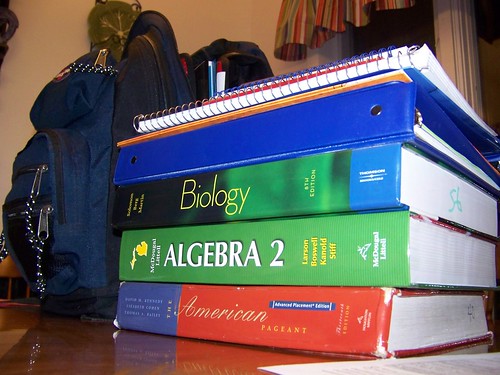 |
Cseeman / Flickr |
To honor the uncertainty in frontier science, New Scientist has published a series of articles about rewriting our textbooks. The articles attack some fundamental truths in the K-12 classroom. For instance, atomic weights are less predictable than the periodic table implies. Reptiles don't really exist as an isolated group (the birds get mixed within them). We don't really understand nuclear fission or hydrogen bonding. And genes aren't always genes.
I always struggle figuring out how far I can take my students to the edge of known science. Science exists because of what we don't know not what we have already figured out. I enjoy introducing these type of ideas through various sources. I have printed off articles from these science news sites, created a class blog, reprinted chapters from popular science books, showed TED talks, podcasts and science programs. It is important to bring in new science into the classroom and let them see what we still have to learn.
No comments:
Post a Comment